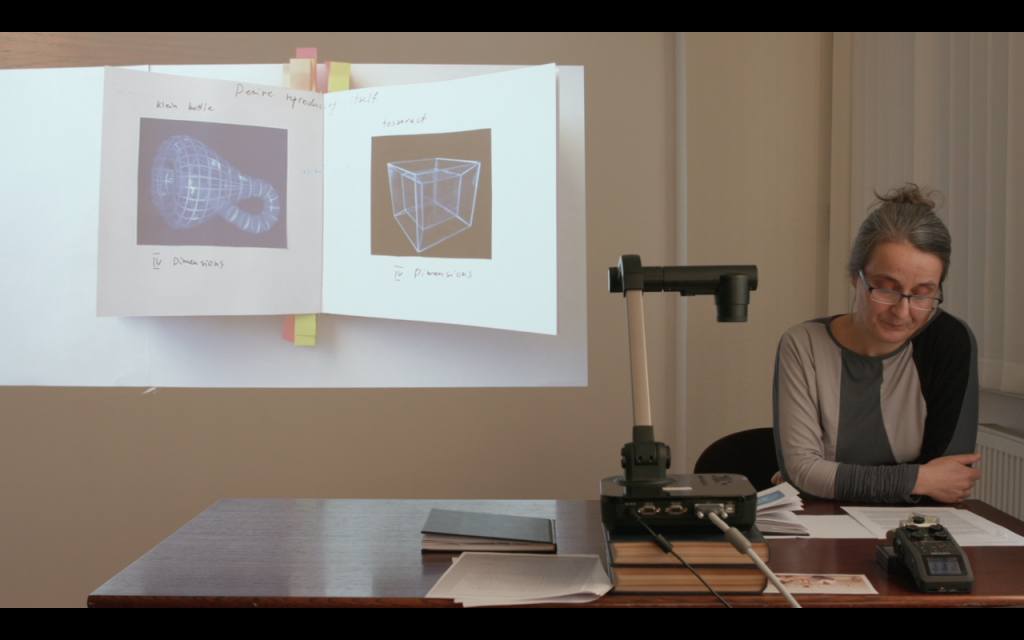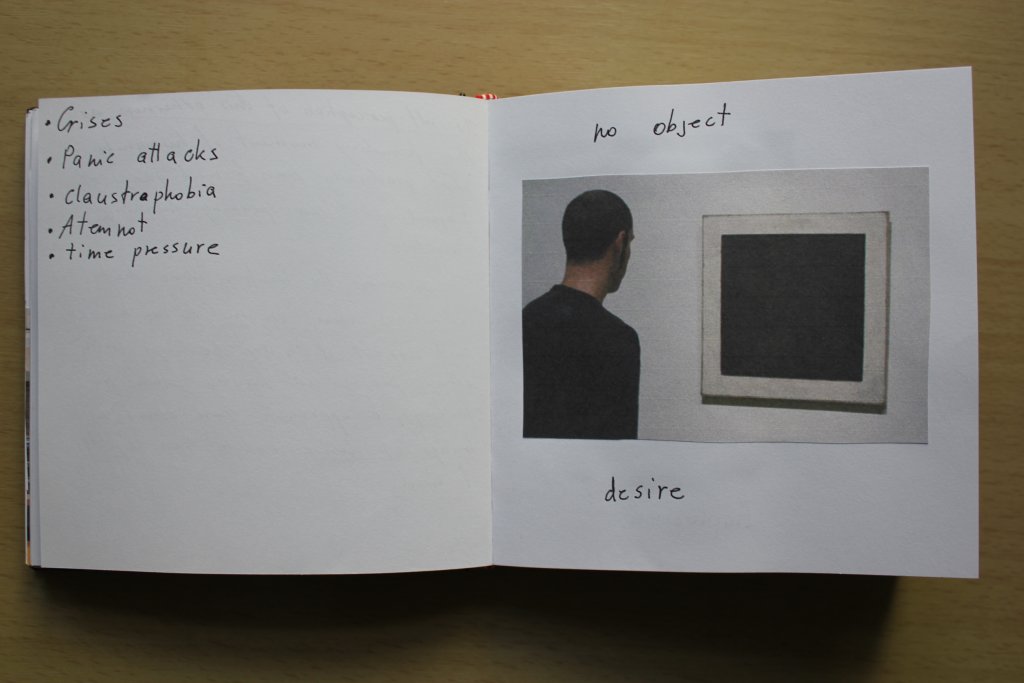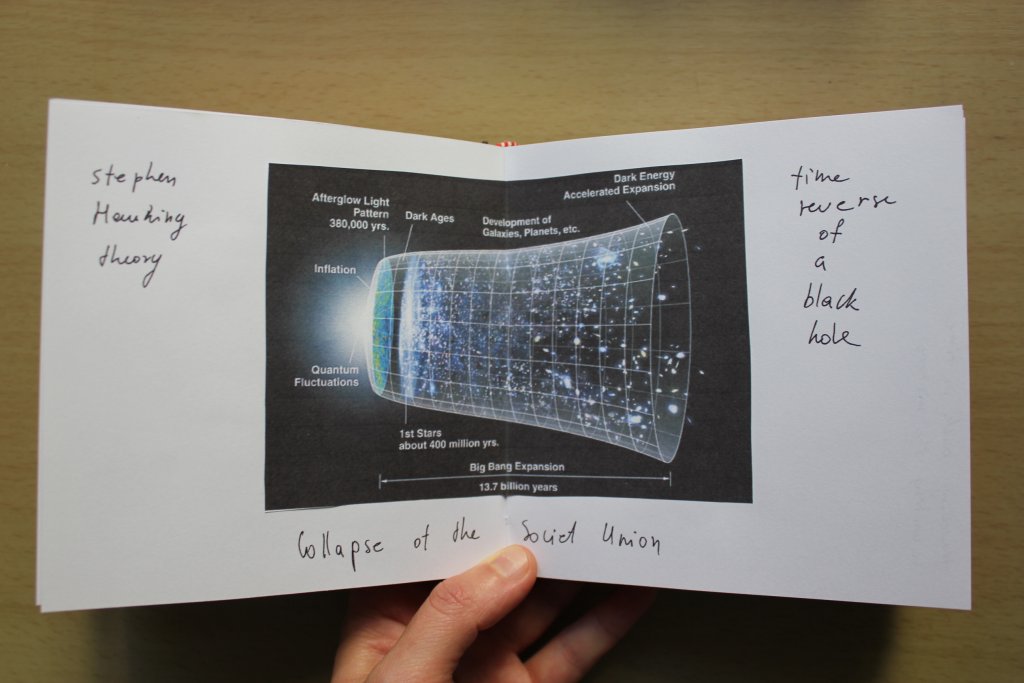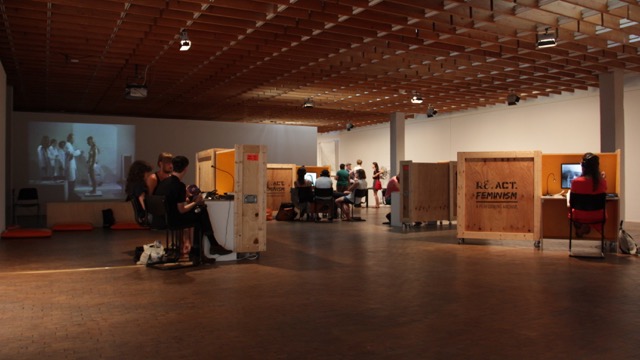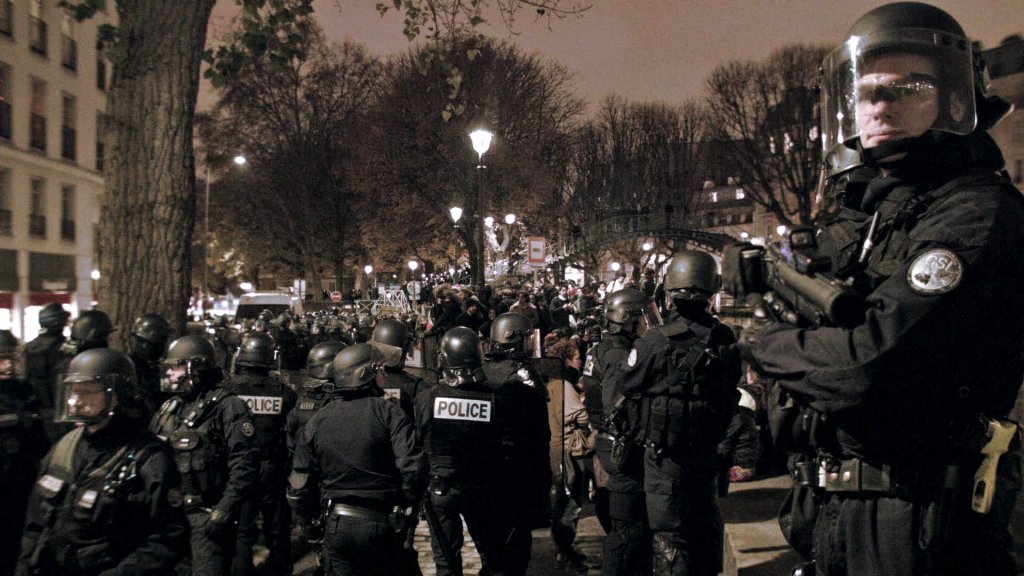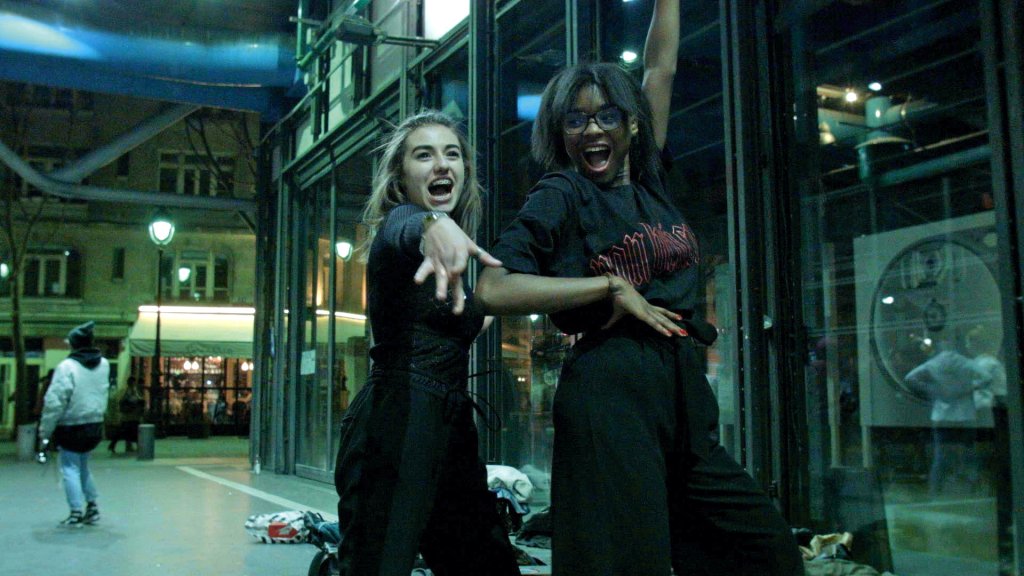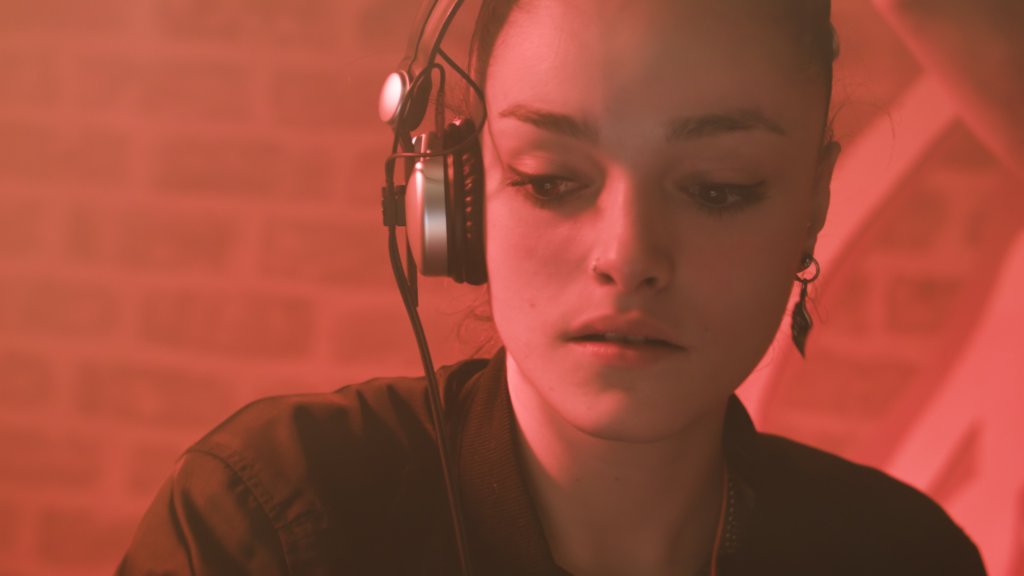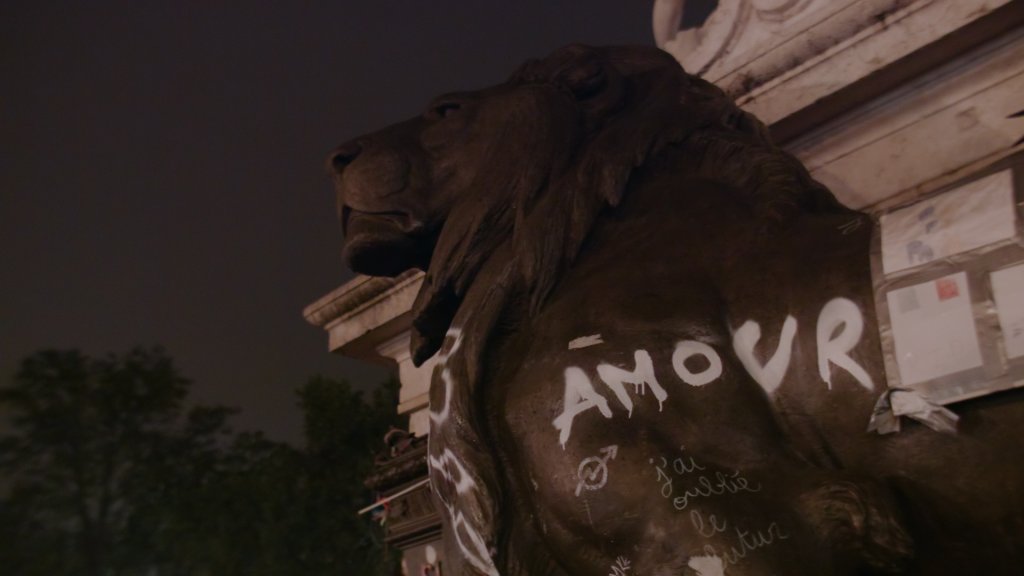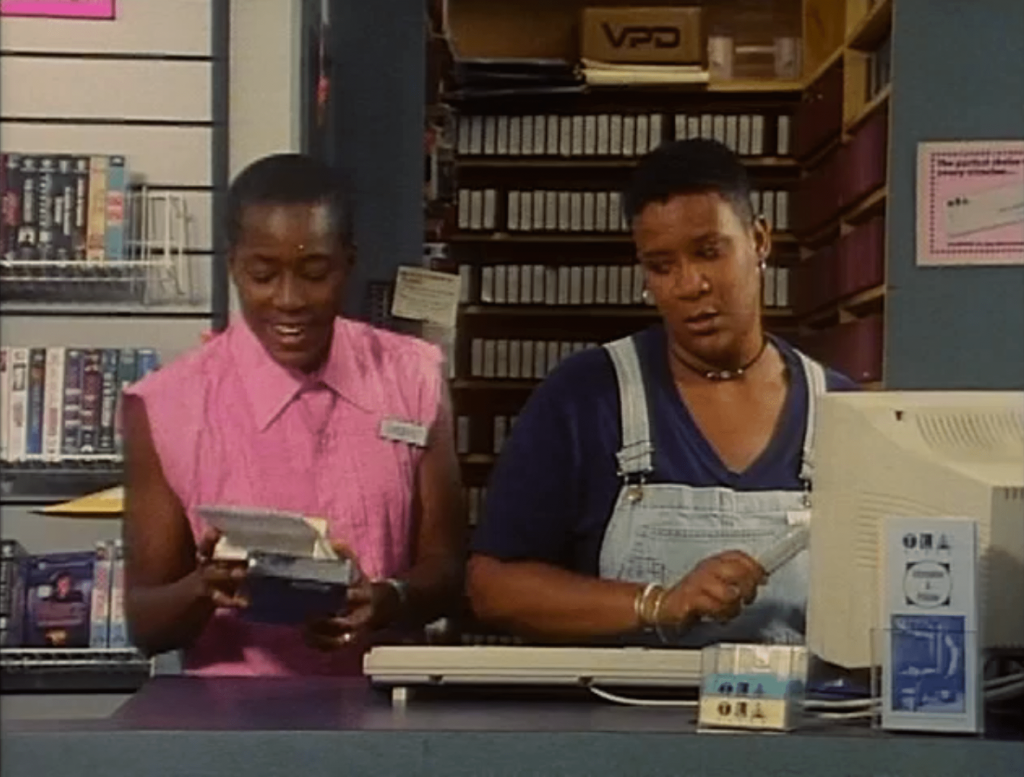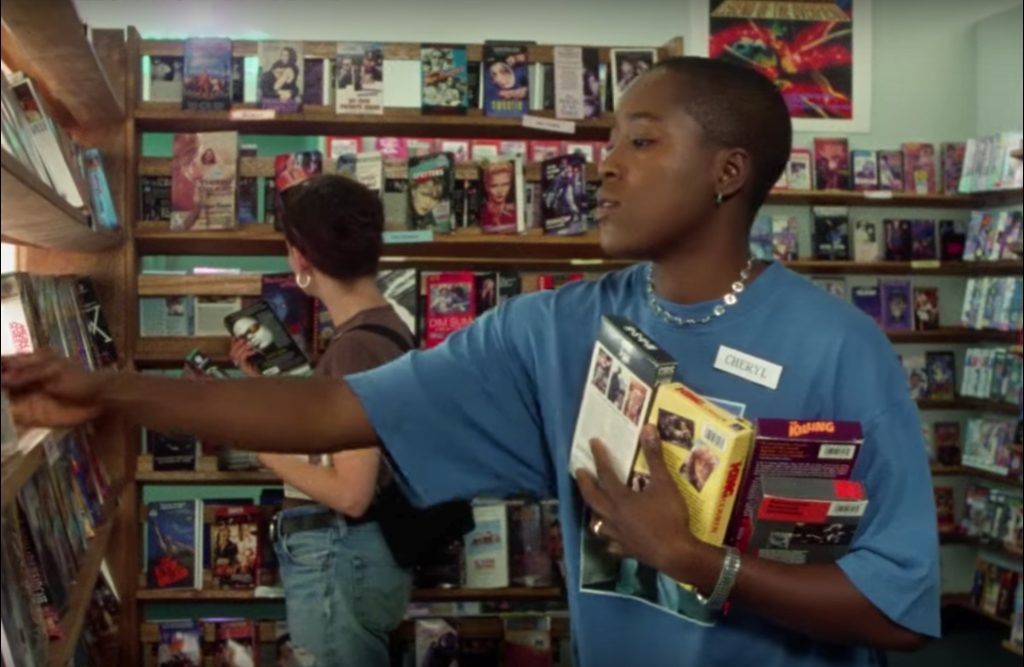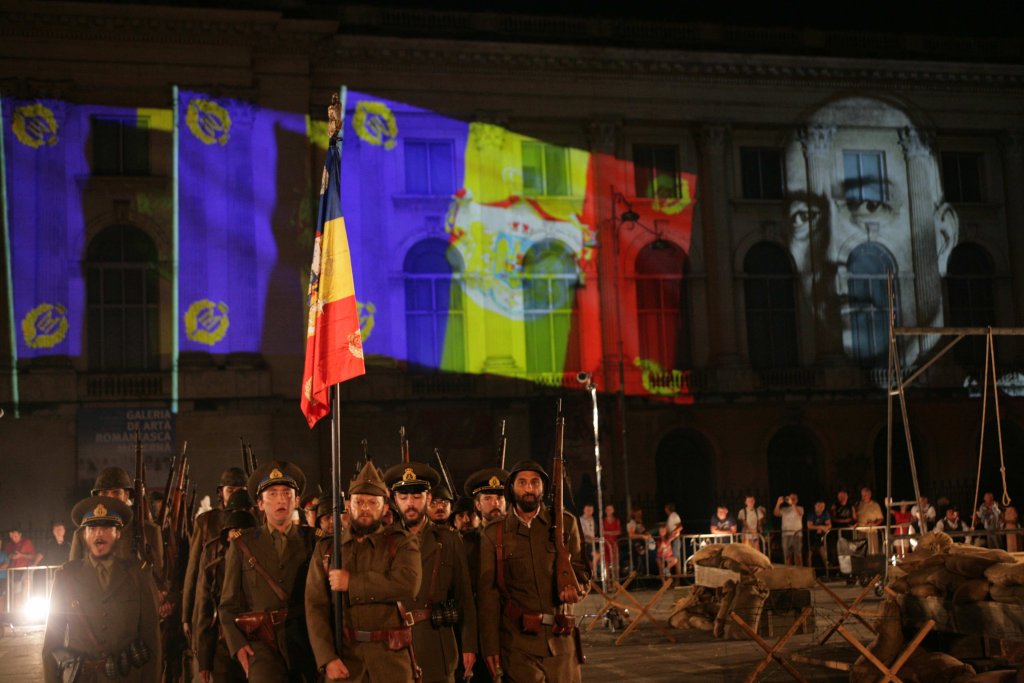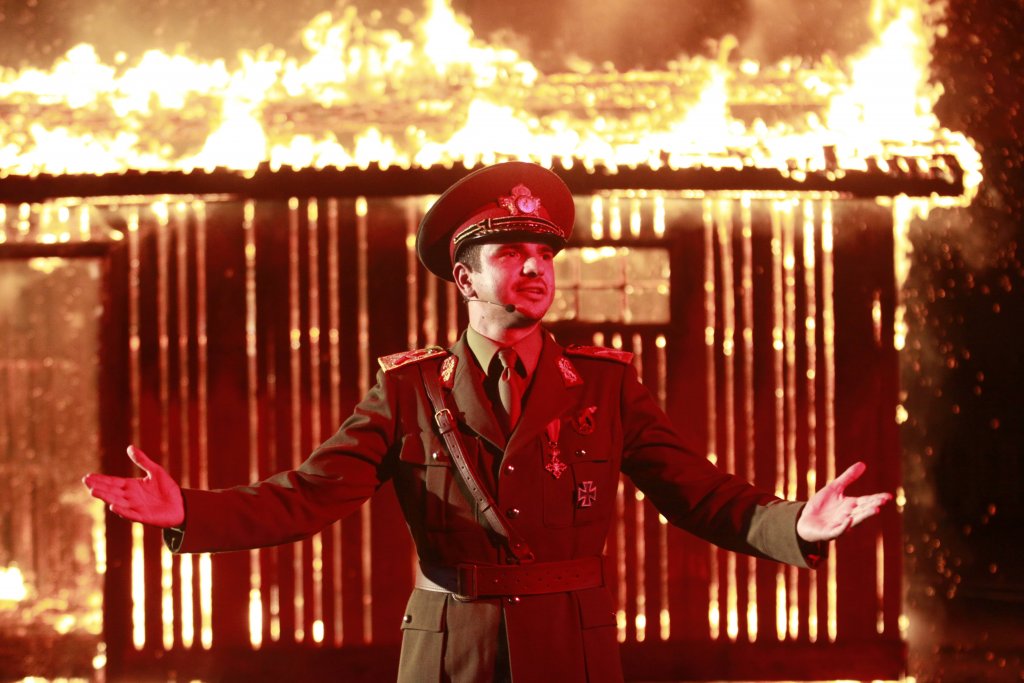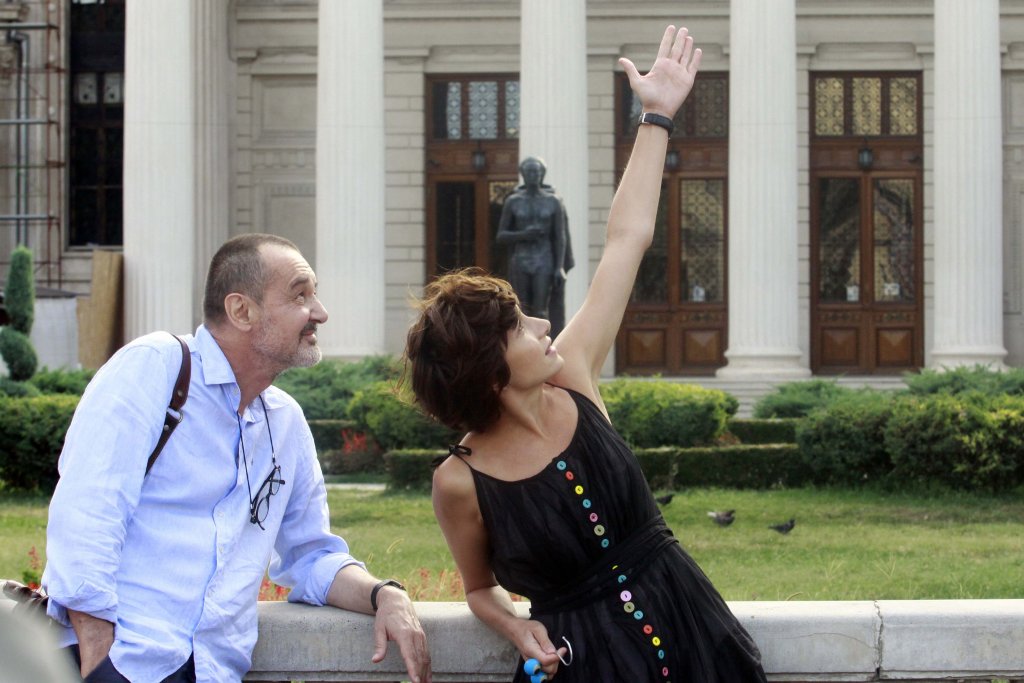Lecture performance by Nadia Tsulukidze, 2018, 50′, in English
Within the frame of the project “wildes wiederholen”, Nadia Tsulukidze has embarked on the tracks of dissident actress, directress and author Freya Klier. “Big Bang Backwards“ originated, a lecture performance that combines documental testimonials of oppositionist Klier coming from the archive of GDR opposition, with fictive letters and personal experience of the artist herself. Tsulukidze attentively flips through an album, comments on sketches, photographs, handwritten notes. Formally, it is a journal that in its actual shape is laid out as an internal monologue connecting author and addressee. Here, the journal as artistic practice becomes an intersubjective space of reflection: the existence of an usually non-present audience opens up new perspectives on the (archive) material. Simultaneously, the multifaceted overlay creates a political resonance chamber where narrative structures of a documentary frame are questioned, and further also the interpretation of material and the indivdual’s role in it. Without ever coming into actual contact with Klier or having ever seen a picture of her, the idea of her as a counterpart develops into a reality and gives way to a distinct narrative practice.
Nadia Tsulukidze was born in Tbilisi, Georgia, in 1976. She grew up there, studied violin and subsequently, eurythmy in Stuttgart. Upon her return to Georgia, she founded Khinkali Juice in 2005, a multimedia performance collective that realized various productions internationally. Tsulukidze finished her master programme at DasArts in Amsterdam in 2010 and lives in Berlin by now.
18 April, 7 pm – Schaubühne Lindenfels – Free entrance
originated from:
re.act.feminism – performance art of the 60s and 70s today, 2008-2009
Lecture by Beatrice Ellen Stammer on the “wandering archive” re.act.feminism (in German)
“performing archive” has two different sides: one the one hand, focusing its content on the queer-feminist video and performance art of the 1960s and 1970s, on the other hand, the archive itself is arranged as a performance. Being a so-called “wandering archive“, it breaks with institutionalised spatialities of classical archives. International collaborations with artists, artist collectives, universities and academies formed a collection which toured Europe for almost two years between 2011 and 2013. More than 200 artists as well as artist collectives from two generations are part of the project. The fundamental idea is a processual one, for changing the terms of archives’ accessibilities allows a shift of perspectives, enabling new readings and alternative interpretations of materials.
“re.act.feminism #2 – a performing archive” seeks to “widen the view beyond the canon of the known and inscribed to uncover the range and complexity of performative strategies“. Beatrice Ellen Strammer will present the project, which she curated together with Bettina Knaup, showing several exemplary film excerpts.
18 April, 9.30 pm – Schaubühne Lindenfels – free entrance
F 2018, D: Matthieu Bareyre, Doc, 96′, OV with English subtitles, DCP
Paris between 2015 and 2017. Interviews on the streets and in cafés. Charming adolescent overconfidence blends with the dire feeling of being lost and having no future. The reactions to that are diverse. There is laughing, dancing and provoking the bourgeoisie on the grand boulevards. Others discuss alliances. Solidarity. Reflect their lives under capitalist conditions. Every now and then, we see burning barricades or cops beating constrained people. The streets are marked by riots, sparked off by yet another black adolescent being abused in police custody and another one dead. A time shaped by the movement “Nuit debout”, but also by the attacks on Charlie Hebdo and Bataclan.
Then there is Rose. A young French woman, full of energy and wit, with a sparkle in her eyes. She talks about racial profiling, argues about identity issues and climbs the monument on the republican square. YOUNG AND ALIVE is no journey to the end of the night. Rather, it is a blazing cocktail foreshadowing its fumes, a feverish ride carried and driven by a Vivaldi sonata in D minor. It is the survey of a generation leaping into a new era, if it were not for the old one.
18 April, 10 pm – Schaubühne Lindenfels – € 6,5 (5,5 red.)
Trailer
USA 1996, D: Cheryl Dunye, A: Cheryl Dunye, Guinevere Turner, Valarie Walker, Cheryl Clarke, Sarah Schulman, Camille Paglia, Brian Freeman, 90′, Englisch version, DCP
Philadelphia in the 1990s. Cheryl and Tamara are part of the city’s black lesbian community and earn their money in a video store. Meanwhile, Cheryl tries to get started as a filmmaker and begins shooting a documentary. Having set her mind on making a film about the attractive “Watermelon Woman” – a supporting actress in many flicks from the 1930s and 40s, to be found only under this name in the closing credits – she starts her research. Spheres begin to intertwine increasingly: alongside the mainplot relating to Cheryl’s love life and friendships, pseudo-documental interviews reveal more and more about the so-called “Watermelon Woman“, whose life has some parallels in store with the protagonist’s. Dunye’s film meets fictive documentary with a fictional film atmosphere and creates an amusing and non-conformally enacted political inventory of the multilayered connection of sexuality, class and skin colour.
The fictional character behind “Watermelon Woman“ was specifiically created for the production of the film by Cheryl Dunye and Zoe Leonard, including an accompanying photographic archive of the invented Fae Richards, an Afro-American actress who lived in the early 20th century and was known for her commitment in the civil rights movement. Dunye ascribes her fabrication of a life story to the shortcoming of information in real life: “The Watermelon Woman came from the real lack of any information about the lesbian and film history of African-American women. Since it wasn’t happening, I invented it.” (Cheryl Dunye).
19 April, 8 pm – Schaubühne Lindenfels – € 6,5 (5,5 red.)
On the same day at 7 pm, there will be a lecture by Natascha Frankenberger at Schaubühne Lindenfels dealing with working methods of Dunye’s and Leonard’s project besides other examples and aspects of queer counter-archives and activist visualization of marginalized artists and their ways of living.
Trailer
RO/CZ/F/BG/GER 2018, D: Radu Jude, A: Ioana Iacob, Alex Bogdan, Alexandru Dabija, 139′, OV with English subtitles, DCP
The film’s title are words that have been uttered in the Romanian cabinet in 1941. Words that discoursively initialised the ethnic cleansings led by collaborative prime minister Ion Antonescu. Radu Jude’s film orbits around this sentence, comments on it, traces and alienates it. At the very beginning, actor Ioana Jacob steps into the frame, introduces herself as theatre directress Mariana Marin and slipts into her role. She plans a publicly arranged reenactment that is well-researched and that is to counteract a present, selective historical amnesia by addressing the Romanian involvement in the holocaust.
Emerging from that is not a simple, historic holocaust plot but a multilayered story located in the present time, that by using documentary aestehtics connects a past present with a present past in a metafictional manner. As artistic principles, Brecht and Godard shimmer at the horizon. The film faces its sensitive topic with a script full of wit, straightforward and elegant camera work, and a playful sense of irony without losing track of flawed humanities. “I DO NOT CARE IF WE GO DOWN IN HISTORY AS BARBARIANS” is full of dialectic moments and entertains to the point where it turns uncomfortable.
19 April, 10 pm – Schaubühne Lindenfels – € 6,5 (5,5 red.)
Trailer

